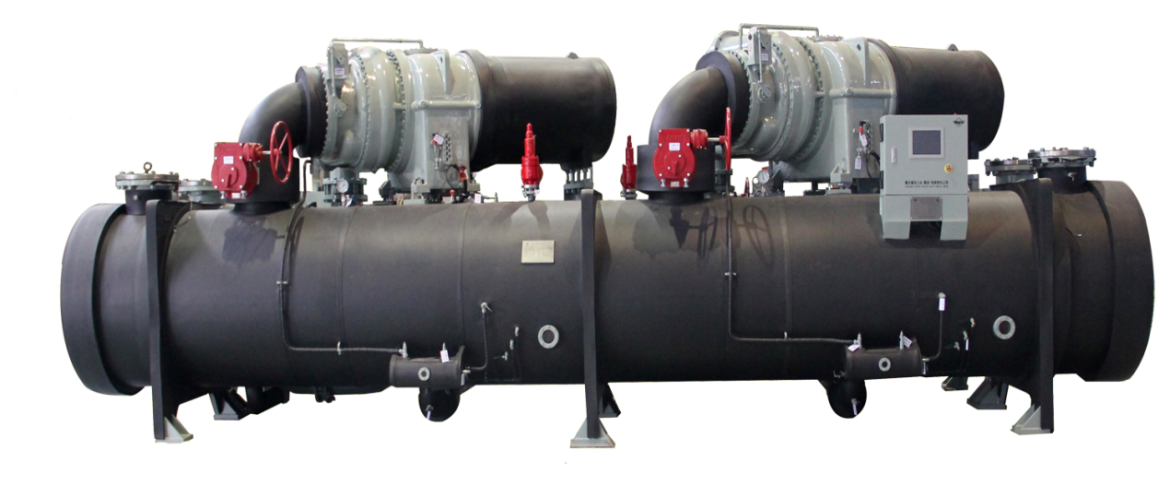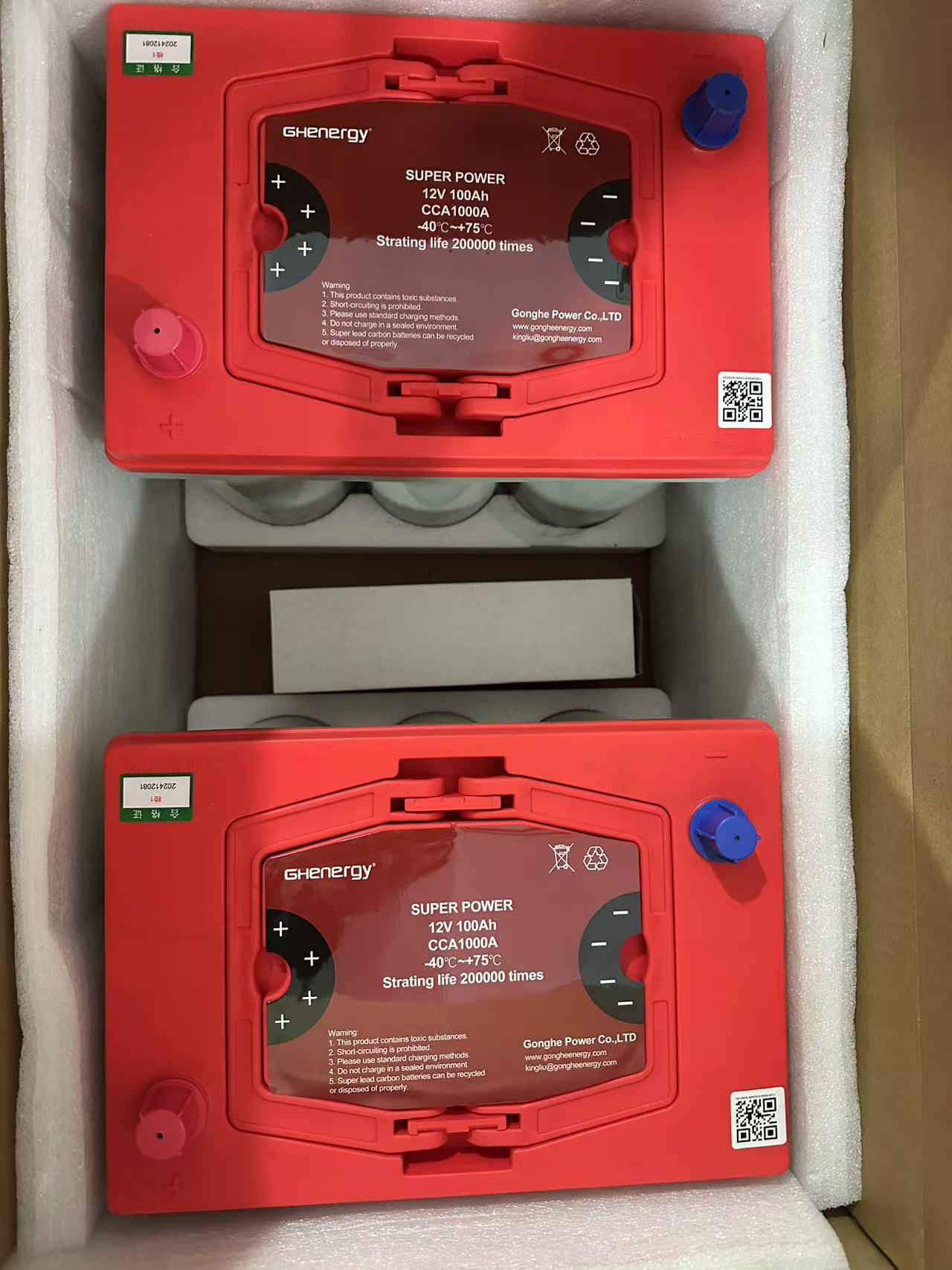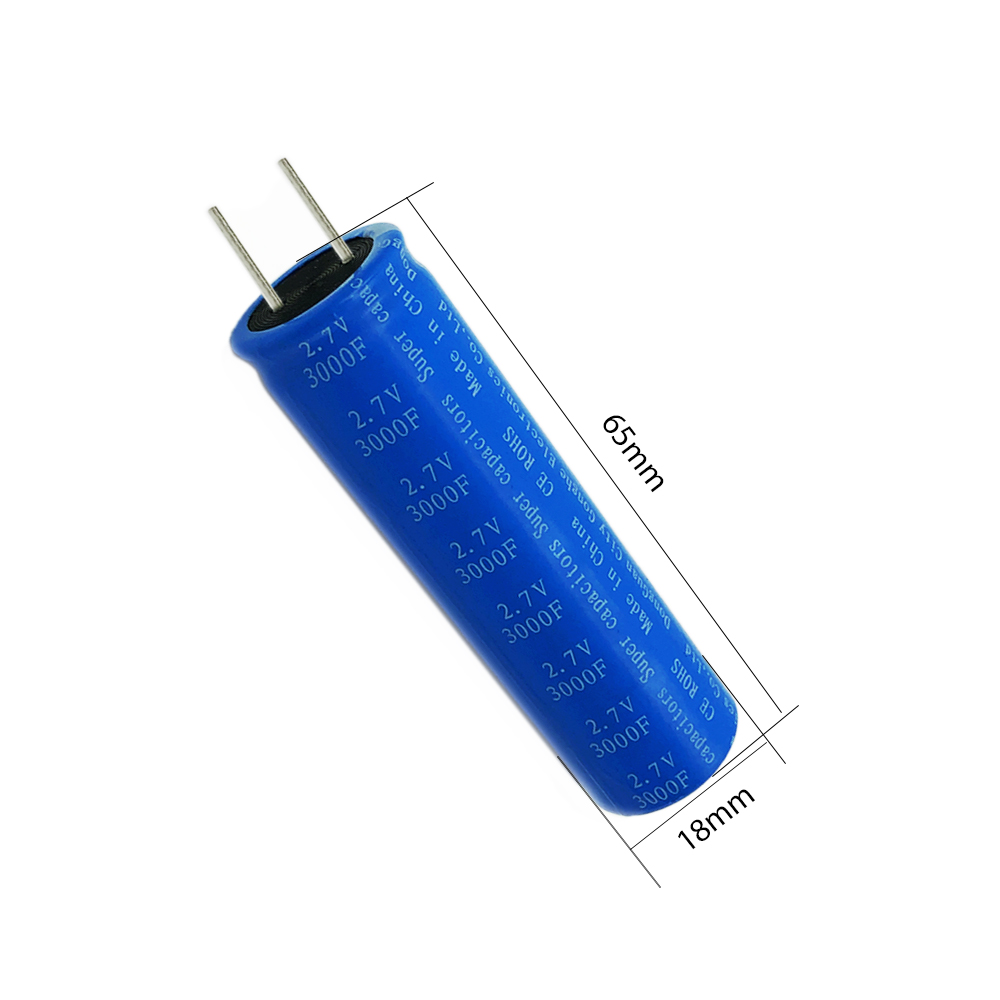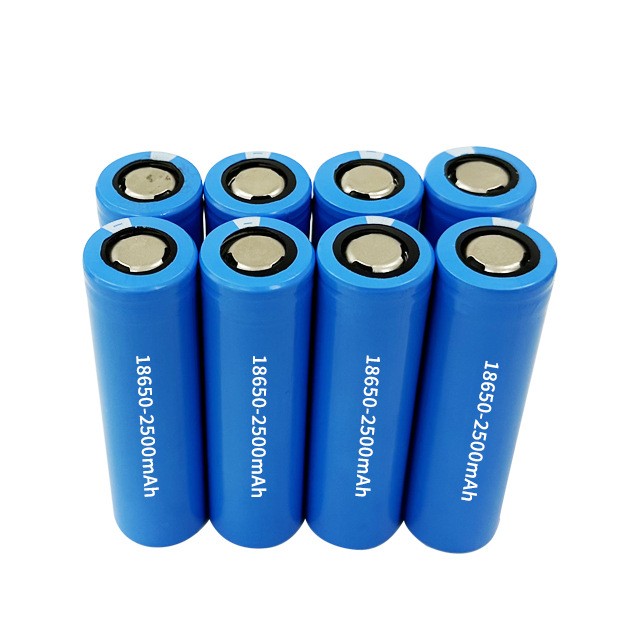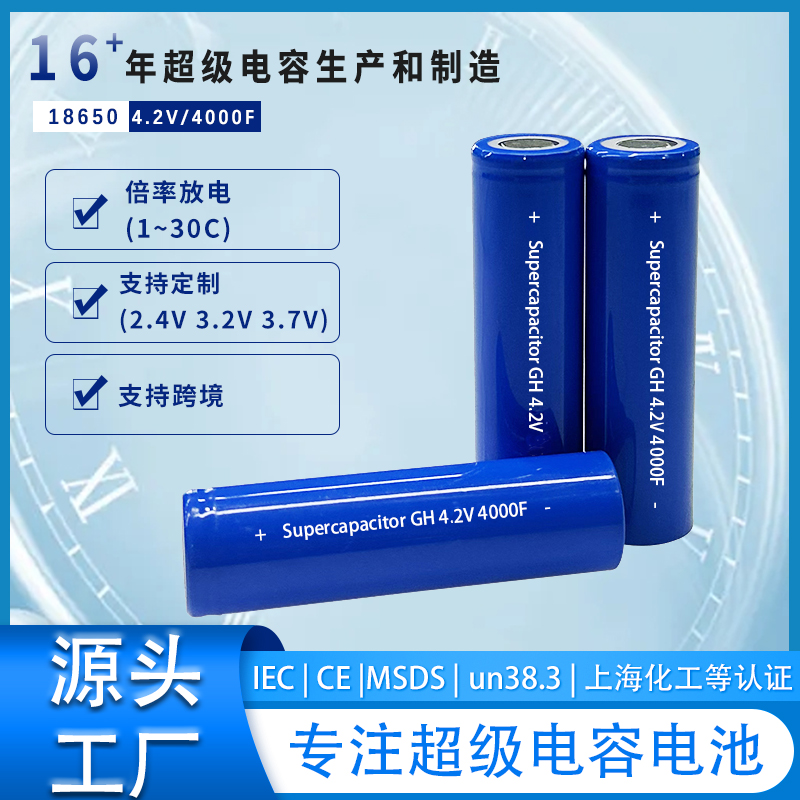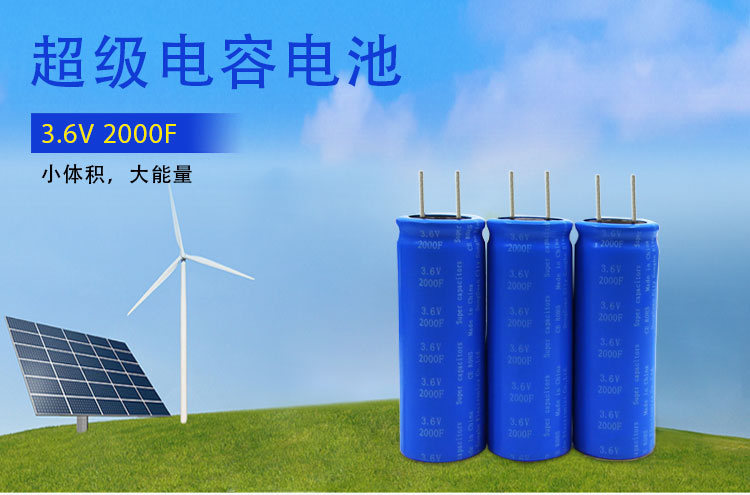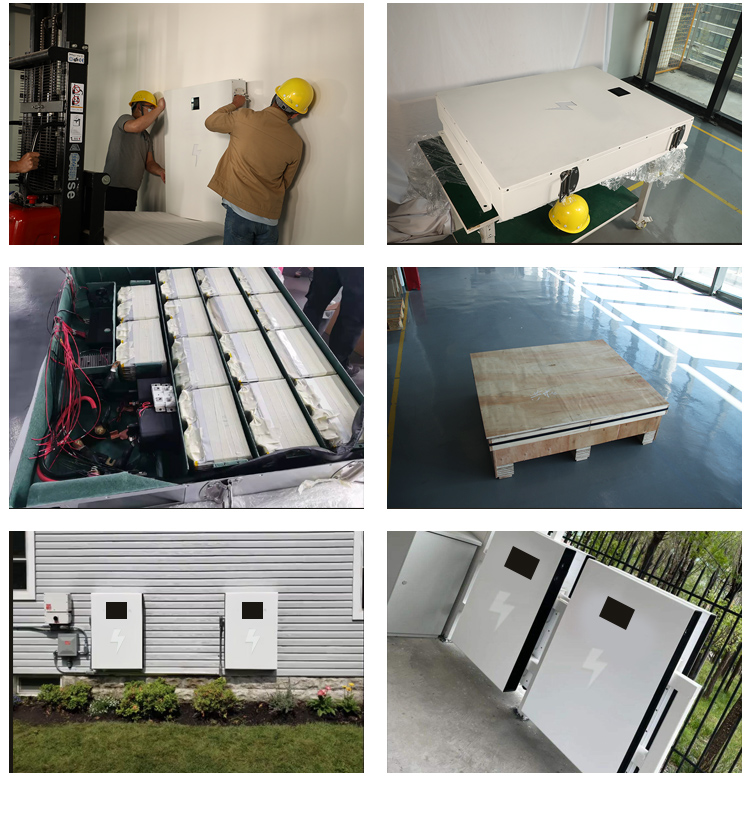
Production at JV Inkai was suspended on 1 January
Wedoany.com Report-Jan 17, Kazakhstan's national atomic company has announced an updated development strategy for the next 10 years, saying it remains committed to "Value over Volume".
The company said its objectives for 2025-2034 are interdependent and complementary and will serve as a "fundamental guideline" for development over the next 10 years. These strategic objectives are:
• Enhance focus on uranium mining as Kazatomprom's core business, with efforts concentrated on replenishment and efficient use of resource base
• Expand the company's footprint in the nuclear fuel cycle
• Develop and expand its rare and rare-earth metals segment
• Continue to diversify sales and further enhance trading function
• Improve and strengthen leading business and ESG practices
This is a continuation of the 10-year strategy implemented in 2018, which Kazatomprom said it has updated because of the early achievement of key strategic goals and fundamental changes in the nuclear industry, including the removal of more than 48,000 tonnes of uranium from primary global production. The company said this has contributed to the recovery of the uranium market and to achieving a balance between supply and demand, while preserving uranium reserves for future needs and fostering sustainable long-term value.
Other objectives achieved under the 2018-2028 strategy include a transformation of Kazatomprom's uranium sales strategy with the establishment of its own trading arm, and a "significant expansion of its geographical reach and sales portfolio" with the addition of six new countries - Brazil, Sweden, Spain, Argentina, Romania, and the UAE - to its client base. "Furthermore, Kazatomprom enhanced its regional diversification by increasing the share of sales to the Americas from 16% in 2018 to 26% in 2023," the company said. "Additionally, Kazatomprom has successfully diversified its transportation routes, with the share of deliveries to Western facilities via the Trans-Caspian International Transport Route reaching 64% in 2023."
The Trans-Caspian International Transport Route, which does not rely on Russian rail lines or ports, was developed to help mitigate the risk of the primary shipping uranium via St Petersburg being unavailable for any reason. It has been used by Kazatomprom since 2018 as an alternative to the St Petersburg route.
"The updated strategy focuses on continuous development in a changing industry, optimising processes and exploring potential opportunities for strategic participation in other stages of the nuclear fuel cycle," said Arman Argingazin, chairman of Kazatomprom's Board of Directors. This approach "is expected to enable us to significantly replenish our resource base amidst growing demand, diversify long term revenue streams, mitigate geopolitical risks, and strengthen the company’s position in the global market, ensuring stable and sustainable growth", he added.
Inkai suspension
On 2 January, Kazatomprom announced that it had temporarily suspended production activity at Inkai from 1 January. The project is operated as a joint venture of Kazatomprom (60%) and Cameco (40%). Kazatomprom said the suspension was necessary to comply with Kazakh law after the company failed to obtain some necessary approvals from state authorities by a 30 December deadline.
Cameco said this was unexpected. In a statement issued on 2 January, the Canadian company said it had only been notified on 31 December that JV Inkai had not received an expected extension of the timeline to submit its updated Project for Uranium Deposit Development documentation, due to the delayed submission of the necessary documentation to the Ministry of Energy.
"We are disappointed and surprised by this unexpected suspension and we will be seeking further clarification on how this transpired, as well as the potential 2025 and 2026 production and financial impacts (including on future dividends), and what Cameco can do to help Kazatomprom and JV Inkai restart mining operations," Cameco said. The company previously said in November that it expected 2024 production from JV Inkai to be down 600,000 pounds year-on-year year due to the ongoing problems with the supply of sulphuric acid, a vital reagent for the in-situ uranium recovery operation.
Kazatomprom said it expected the situation to be resolved "within weeks" and did not anticipate any significant impact on its 2025 production plans.
